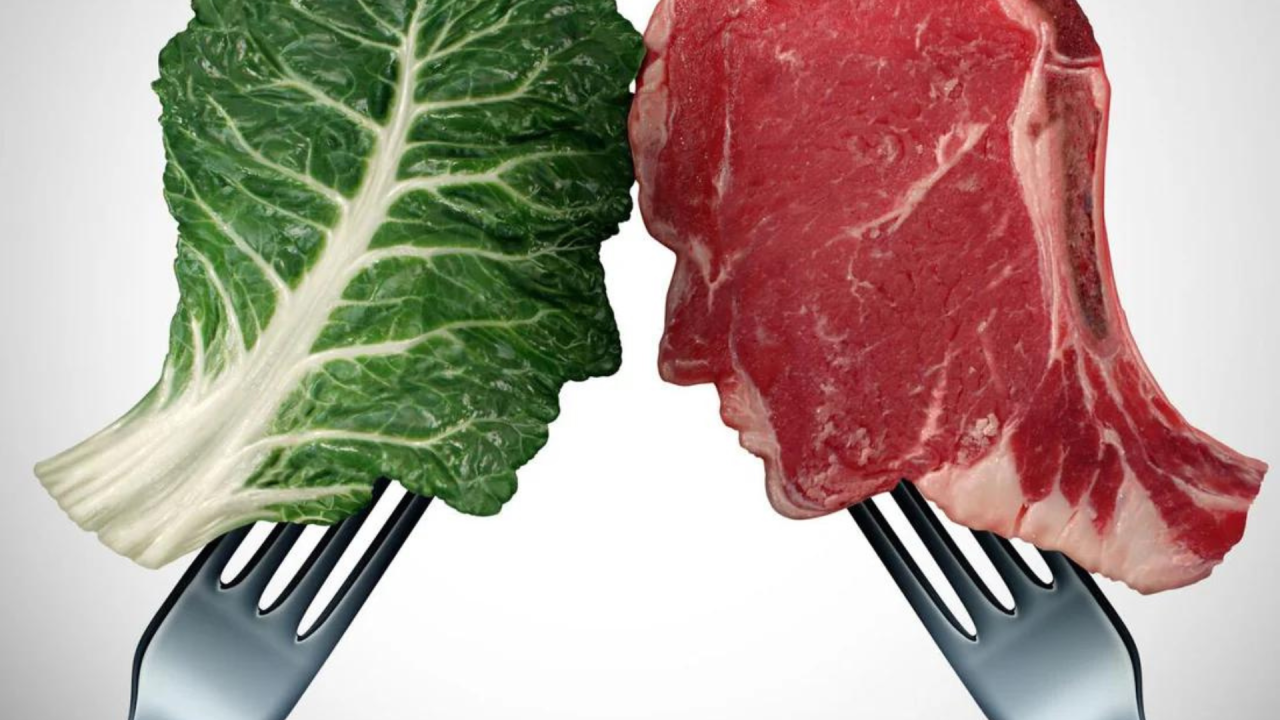Choosing the right diet can feel overwhelming with so many options out there. Two of the most interesting approaches today are the plant-based and keto diets. Both promise impressive health benefits, but they take dramatically different paths to get there. Whether you’re aiming for better health, weight loss, or sustainability, understanding these diets’ key differences can help you decide which one fits your goals and lifestyle best. Let’s explore how these popular diets measure up and find the right choice for you.
If you’re looking for other helpful health tips, check out this guide on How to Treat a Broken Knuckle.

What are the key differences between plant-based and keto diets?
Plant-based and keto diets differ significantly in their core principles and food choices. A plant-based diet focuses on consuming whole, plant-derived foods like fruits, vegetables, grains, nuts, and legumes. It often excludes or minimizes animal products and prioritizes sustainability and overall health.
Meanwhile, the keto (short for ketogenic) diet emphasizes low-carb, high-fat intake to push the body into a state of ketosis, where it burns fat for energy instead of carbohydrates. Typical keto meals include foods like meats, fatty fish, eggs, butter, oils, and low-carb vegetables, with minimal grains or fruits.
The two diets also have different primary goals. Plant-based eating is often associated with reducing the risk of chronic diseases, improving digestion, and supporting environmental sustainability. On the other hand, the keto diet is largely aimed at rapid weight loss, stabilizing blood sugar, and improved mental focus.
Ultimately, while both offer unique benefits, they cater to distinct health goals and lifestyles. Choosing the right fit depends on your priorities, such as ethical values, health objectives, and dietary preferences.
Which diet is better for weight loss: Plant-based or keto?
When it comes to weight loss, both plant-based and keto diets can be effective, but they take different approaches. The keto diet’s low-carb, high-fat formula pushes your body into ketosis, a state where it burns fat for energy instead of carbs. This often results in rapid weight loss, especially in the short term. However, it can be challenging to maintain due to strict carb restrictions.
On the other hand, a plant-based diet focuses on nutrient-dense, low-calorie foods like fruits, vegetables, and whole grains. These promote sustainable weight loss by naturally reducing calorie intake while keeping you full. Its flexibility and variety also make it easier to follow for many people.
Long-term success often depends on commitment and personal preferences. Keto may work well if you’re seeking quick results and can commit to its structure, but plant-based eating aligns better with gradual, lasting weight loss and overall health improvements. Ultimately, the best choice depends on your goals, lifestyle, and what you can stick to for the long haul.
Tips for choosing the right diet to meet your personal goals
Choosing the right diet starts with understanding your unique goals and lifestyle. Regardless if you aim to lose weight, boost energy, or improve overall health, structuring your approach is key. Here are some practical tips to guide your decision:
- Define your goals: Be clear about what you hope to achieve. Are you looking for quick weight loss, improved digestion, or better long-term health? Your goal will shape your ideal dietary approach.
- Consider your lifestyle: Busy schedules or social habits may influence what’s realistic to stick with. Look for a flexible plan that fits your daily routine.
- Evaluate nutritional needs: Some diets may lack essential nutrients, so balance is crucial. For example, ensure you’re meeting protein needs on a plant-based diet or fiber requirements on keto.
- Consult a professional: A doctor or dietitian can help you choose a plan tailored to your health history and needs.
- Test and adjust: Trial periods can help you discover what feels sustainable and works best for your body.
Remember, the right diet is one you can maintain and thrives alongside your personal goals.
Conclusion
Choosing between plant-based and keto diets comes down to your goals, preferences, and health needs. The right diet is one you can maintain, enjoy, and that supports your long-term well-being. Take time to look for your options, consult professionals if needed, and trust what works best for your unique lifestyle. For more health insights, check out our other health articles.





